Did you know that omega 3 fatty acids are essential for brain health? Recent studies are also showing possible treatment for symptoms of brain injuries? (1) One study looked at the omega 3 levels of athletes who are at risk for head trauma and the results are shocking!
The omega 3s from fish oil supplements play a very important part in cognition and brain function. They are also crucial for cardiovascular health as well.
Omega 3 benefits include supporting brain blood flow, helping with the growth of brain tissue, providing communication between neurons, protecting the membranes of the brain cells, along with supporting memory with the possibility of preventing neurodegenerative disorders including depression and anxiety.
Why Are Omega 3 Supplements Crucial For Athletes?
Some researchers have turned to omega 3 supplements as an innovative approach in trying to prevent the brain from impact injuries, making them a potential supplement for concussion prevention.
In measuring the amount of omega 3s or the omega index the participants had, NO PLAYERS had a low-risk omega 3 index. 34% of the football players had an index considered high risk. 66% had an index considered intermediate - but NO players had a low risk omega index.
If you do your own research you will soon discover that the triglyceride form of omega 3s, the form naturally found in fish, is the form your body most easily absorbs. It’s also more expensive, but…it may be worth it.
If you eat fish that are rich in DHA and EPA’s such as salmon, trout and sardines, these may be very good choices to get omega 3 fatty acids in your diet. If you supplement with an omega product, look for a dha supplement that has the triglyceride form of omega 3s and one that is high in DHA and EPAs.



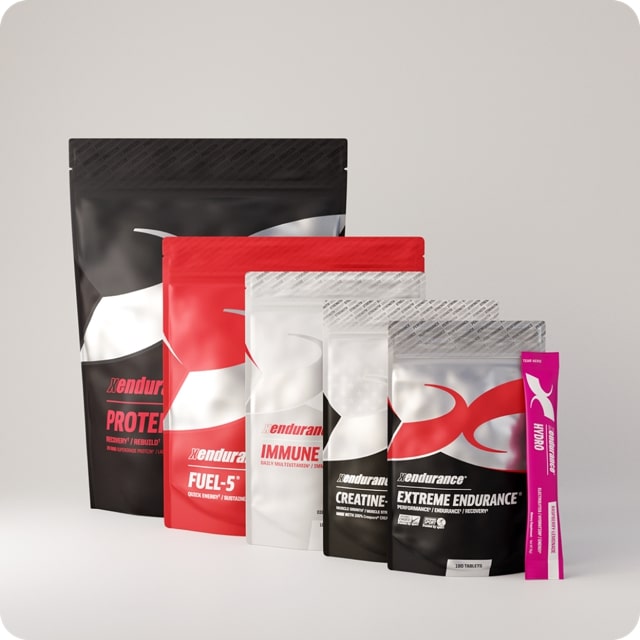
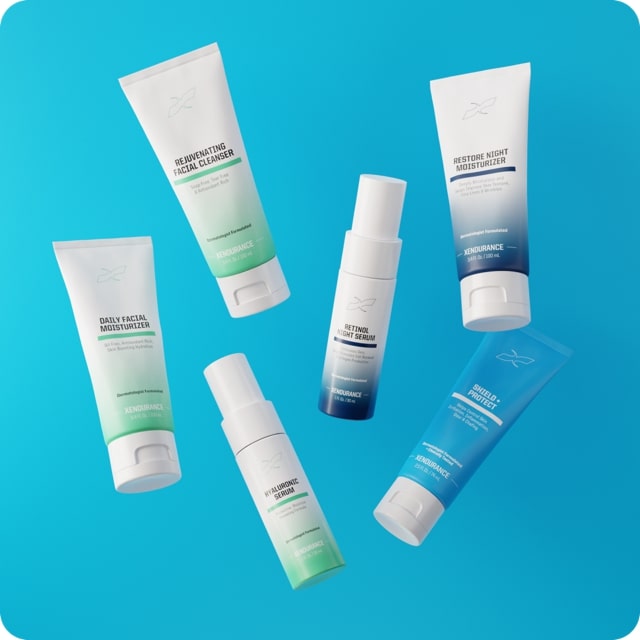
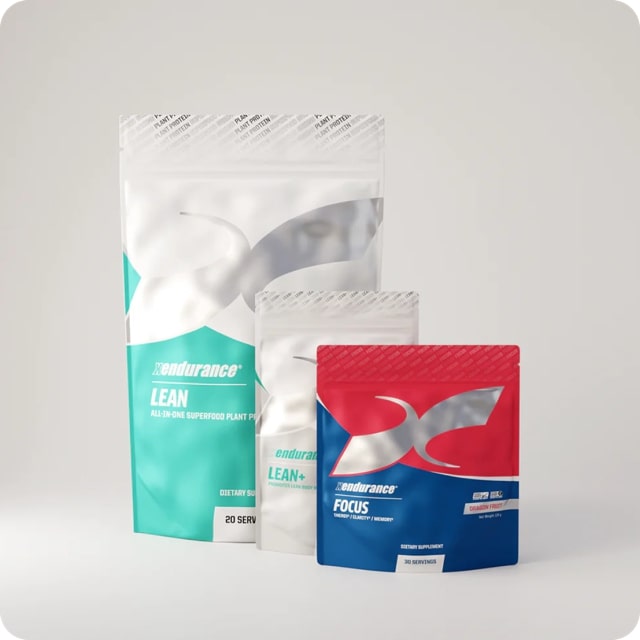
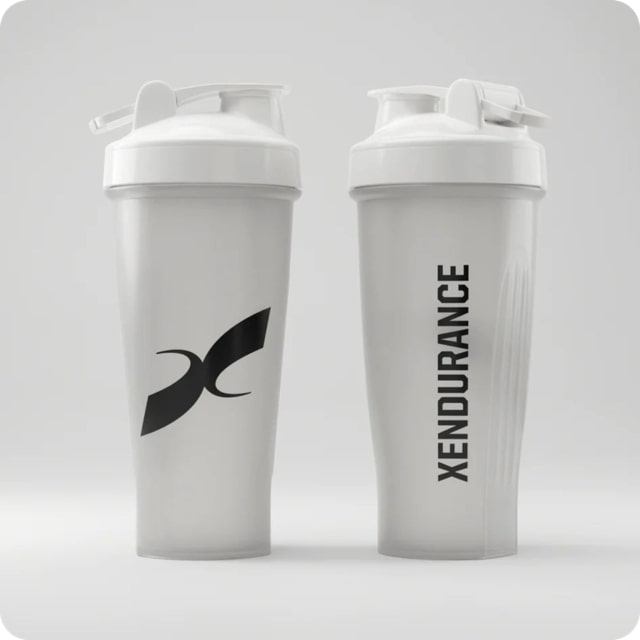
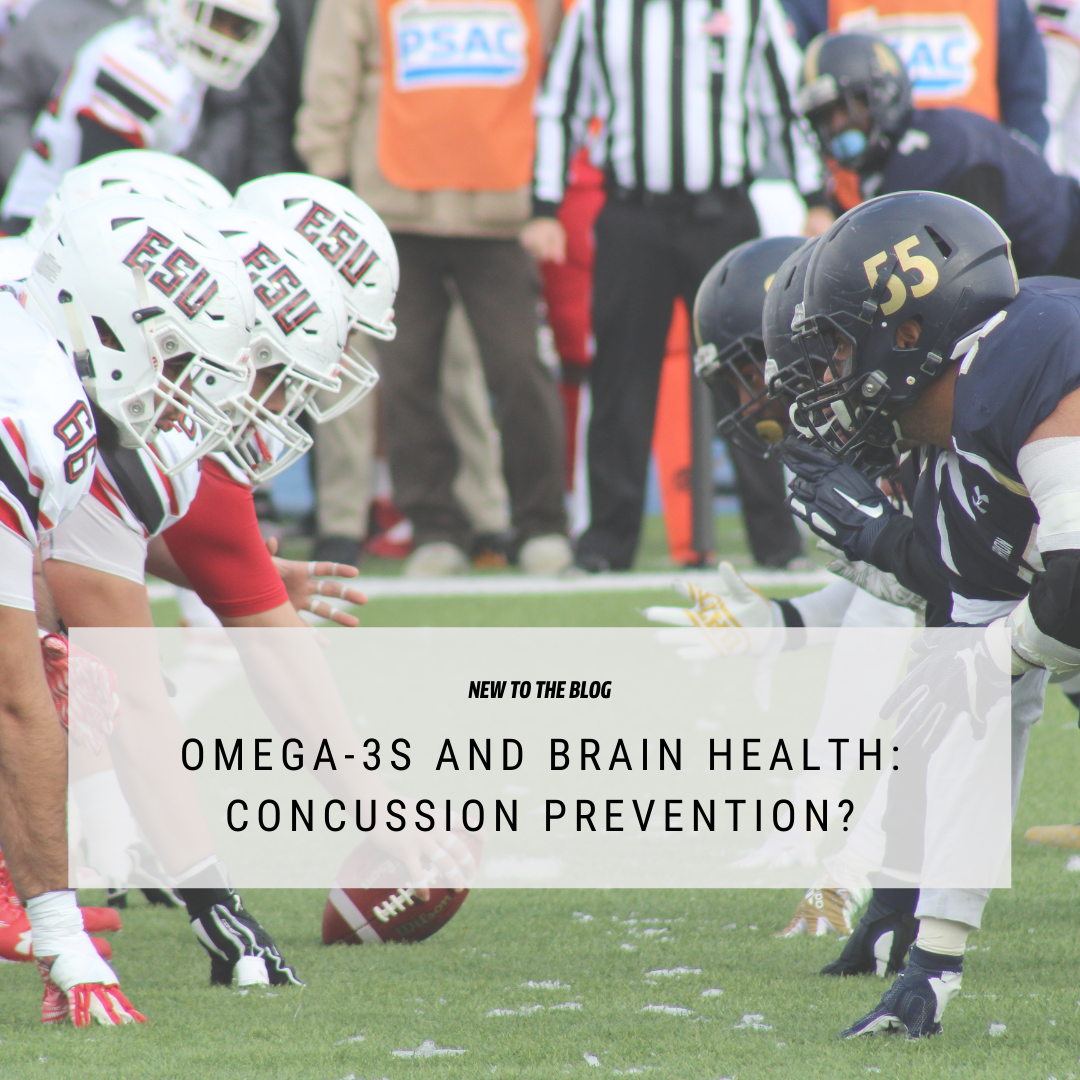

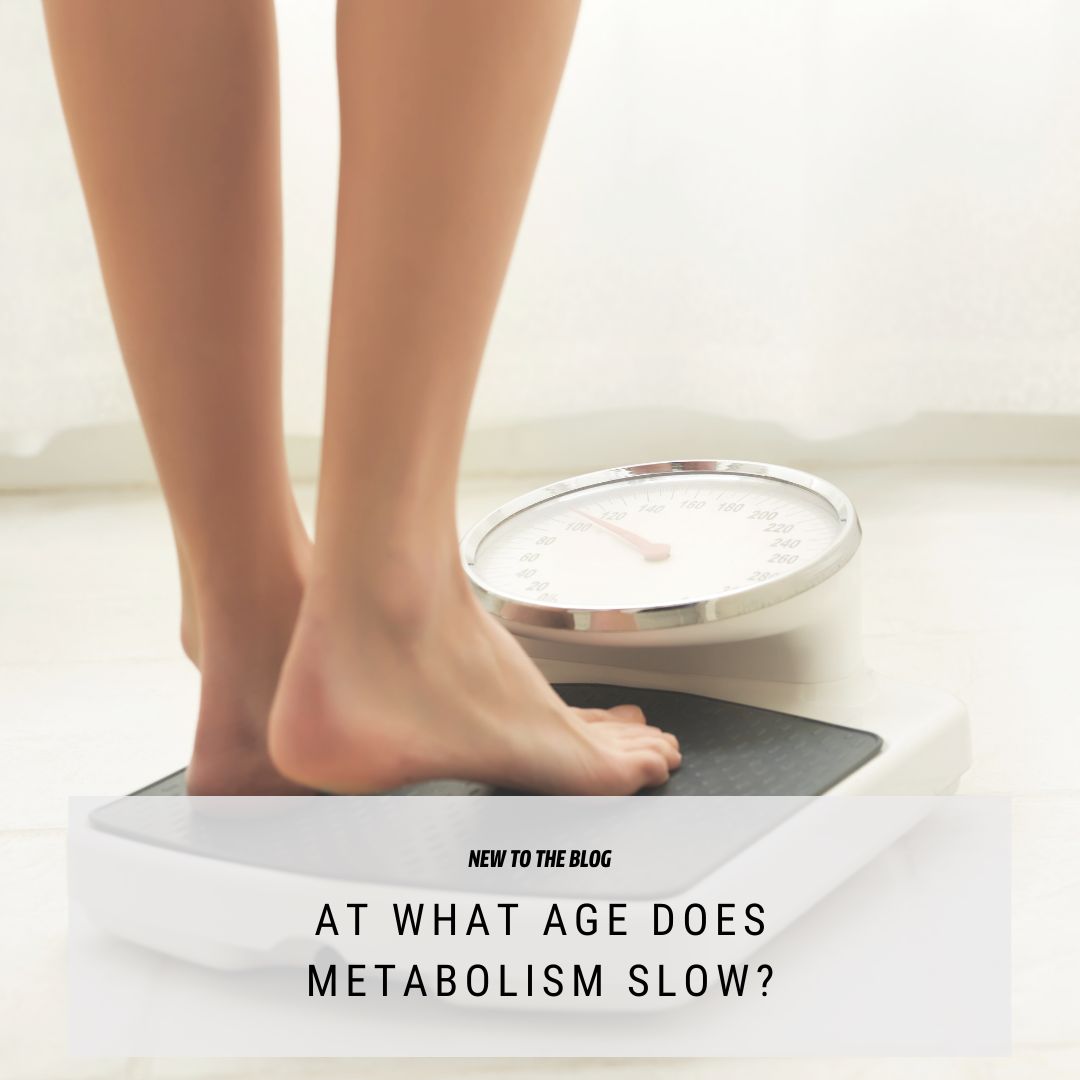
Leave a comment
This site is protected by hCaptcha and the hCaptcha Privacy Policy and Terms of Service apply.